Beans are among the most loved foods. There are so many varieties that it's practically impossible to pick out a favorite. But let's focus on one exotic cultivar - adzuki beans.
The classic adzuki beans come from the East. They possess a rich red color. The beans are small, with a distinctive white line on one side.
Adzuki beans are most popular among healthy eaters and gourmet chefs. They are becoming ever more common among culinary enthusiasts for 2 major reasons.
First off, this type of bean boils faster than other varieties. The tiny, soft beans and specific taste make them suitable both for salty and sweet dishes.
It is the taste that makes many refer to adzuki beans as the "king's beans". The red color, a symbol of veneration and power, also contributes to this.
Adzuki beans are a traditional food in Japan. There they are used mainly to make pastries. They are a main ingredient found in ice cream, and when mashed into paste become an indescribably delicious dessert. Usually they can be found in flour form. Raw or boiled, they are put in salads, purees and other dishes.
Adzuki beans have health benefits as well. They contain an exceptionally low amount of fat, combined with large quantities of protein. 1 bowl of adzuki beans contains barely 100 calories and 1 g of fat. Plus it has no cholesterol or sodium, but 7 g of protein instead.
Protein-rich foods with a high amount of saturated fat, that increase the risk of artery diseases, now have an alternative - adzuki beans. Because of this, it is a food that's recommended for people with high cholesterol. Adzuki beans improve heart health and do not irritate the stomach like other types of beans because the skins are softer.
Adzuki beans are key for a proper macrobiotic diet. They are rich in manganese, potassium, iron, zinc, copper, vitamins B1, B3, niacin and folic acid. Further, a minimal dose of these beans provides 25% of the daily recommended values of iron.
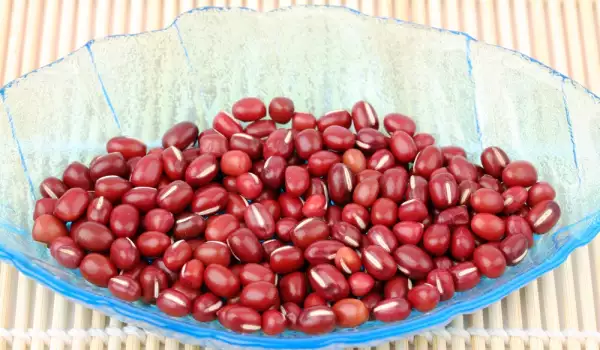
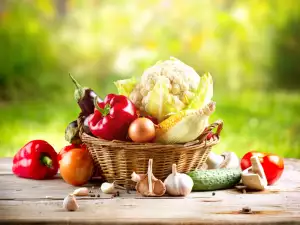

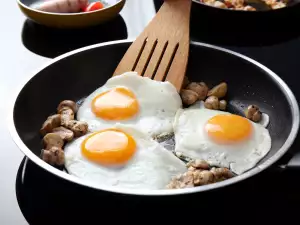
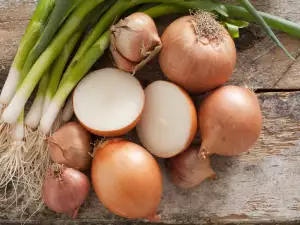
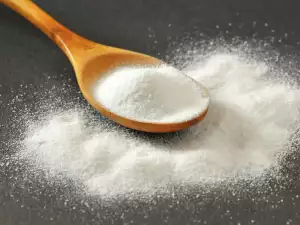
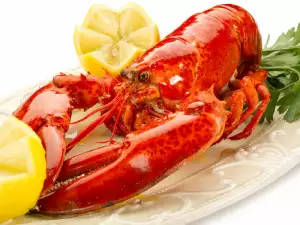
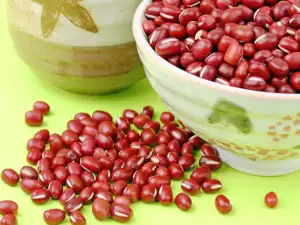
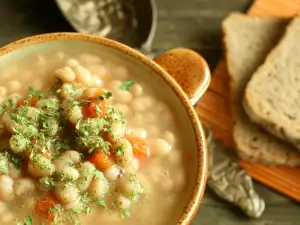
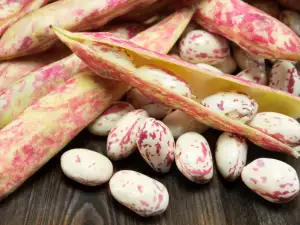
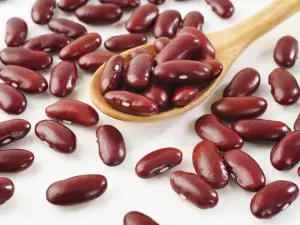
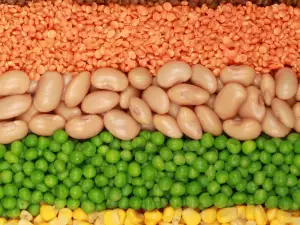
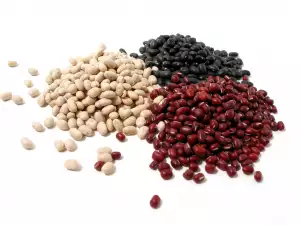







Comments